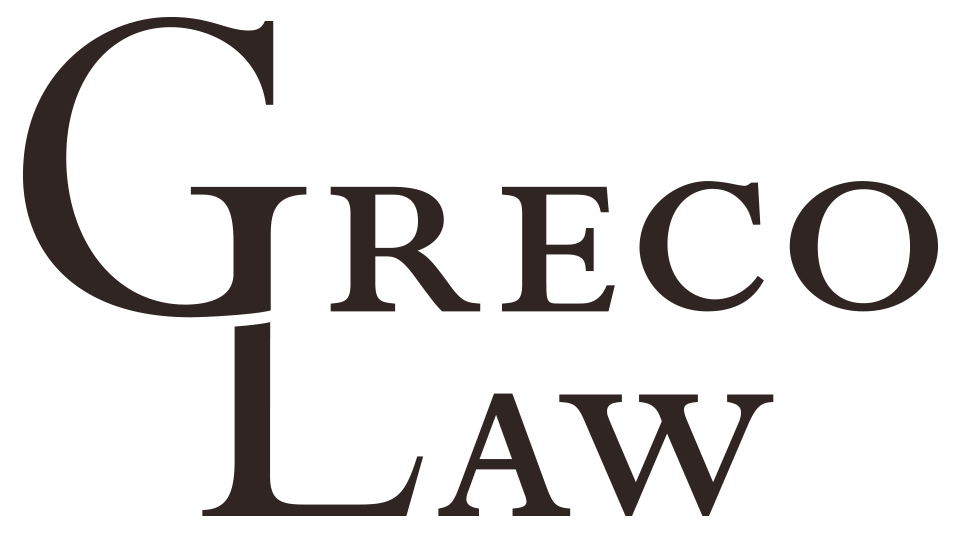Keep Your Business Intact After Divorce
When dealing with divorce as a business owner, you have a unique challenge that requires skilled and experienced legal support. The fate of the company you worked so hard to make a success depends on you hiring the right divorce attorney. At Greco Law, we will draw on our negotiation and litigation skills to aggressively fight to keep your business intact.
Property division can be complicated when there are valuable assets involved. An ownership interest in a business can be one of the most important assets that you and your spouse must reckon with. If the business is determined to be marital property, both you and your spouse are legally entitled to an equitable share in the company, even if only one of you ever directly contributed work and money into it.
What Happens To A Business Ownership Share In Divorce?
There are three basic options for settling ownership in a business:
- The business-owning spouse keeps the business, in exchange for other assets
- The spouses dissolve the business and split the proceeds
- The spouses continue to jointly own the business
The first option is the one many of our clients choose. Successful preservation of a business through the divorce process requires a lawyer with strong skills in a variety of areas. We will make sure you know the full and accurate value of your ownership share. Our family law attorneys are experienced litigators who can effectively fight for your interests in court if necessary.
Many business owners take preventative measures to preserve their companies before the divorce becomes a possibility. If you and your spouse have a prenuptial agreement, or if you and your business partner’s contingency plan is in place, we will help you enforce the terms of that contract.
Fight For Your Business. Contact Us And Schedule A Consultation.
You deserve to control the destiny of your business. Our exclusive focus on family law gives us the tools and determination to find a solution that stops your divorce from interfering with your business goals. Schedule a consultation at Greco Law by calling 614-963-9154. We represent clients in Columbus and throughout central Ohio.
